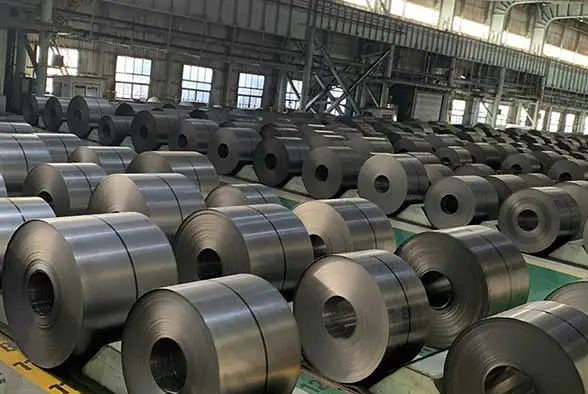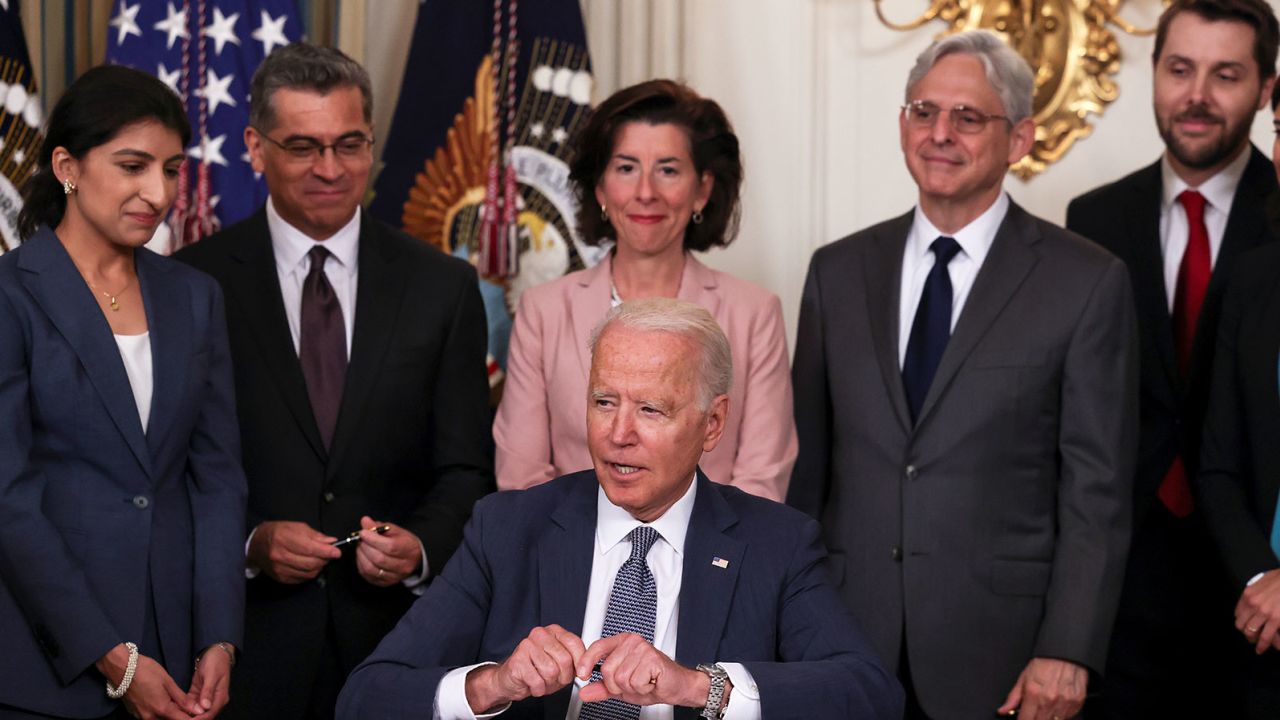
Tinplate manufacturing in Shanghai China (Photo: Tinplate – Shanghai Zhengshang Industrial Co., Ltd.)
A petition that would impose up to 300 percent higher tariffs on tinplate steel is currently being considered by the International Trade Commission and the Department of Commerce.
According to a published article from REASON, a new set of tariffs on select steel imports is being considered by the Biden administration, which would cause an increase in food prices for families already feeling the effects of the recent spike in inflation.
A petition to impose duties of up to 300 percent on tinplate steel, a vital component of tin cans like those frequently used to package food items like tuna, soup, baked beans, and more, is being considered by the Commerce Department and the International Trade Commission.
If the administration chooses to impose those duties on imports from eight nations, it would be a protectionist move designed to favor a single American company—the Ohio-based Cleveland-Cliffs Inc.—at the expense of all customers.
According to Catherine Rampell of The Washington Post, such proposed tariffs will “threaten jobs, in the name of boosting employment,” and “increase in food prices for low-income consumers is inevitable, in the name of helping the working class.”
Similar effects like an increase in food prices are probably to be expected from new levies on the steel that is used to create food cans.
The Consumer Brands Association (CBA), which represents more than 2,000 businesses, including Campbell’s Soup and other brands that would suffer from the tariffs, calculates that the proposed import tax of 300 percent would result in to increase in food prices of the typical canned food item by nearly 58 cents.
Losses, though, don’t just affect consumers. The CBA projects that 40,000 jobs would be at risk as a result of tariffs since the increased costs will be distributed throughout the whole supply chain.
Not only will there be an increase in food prices, but employment for steel-making may be put at risk
According to an article from Yahoo News, in a different analysis, the pro-trade think group Trade Partnership Worldwide LLC discovered that for every job in steel production, 600 jobs would be at risk.
It would be an even more unfair tradeoff if the Biden administration goes ahead with the tariffs that will result to increase in food prices.

Canned Goods – How Long Will They Really Last? (Photo: The Provident Prepper)
David Chavern, president and chief executive officer of the CBA, said that by doing so, the administration would be deciding to “prop up a single organization at the cost of an entire nation’s manufacturing sector and the customers that rely on these critical products.”
This might be another instance of how Joe Biden’s White House has forgotten that workers are also consumers in addition to repeating the errors of the Trump administration.
Although the so-called “worker-centric trade policy” of the president aims to protect union employment, it sometimes ignores the financial repercussions that drive up prices for those same workers after they clock off.
READ ALSO:
























